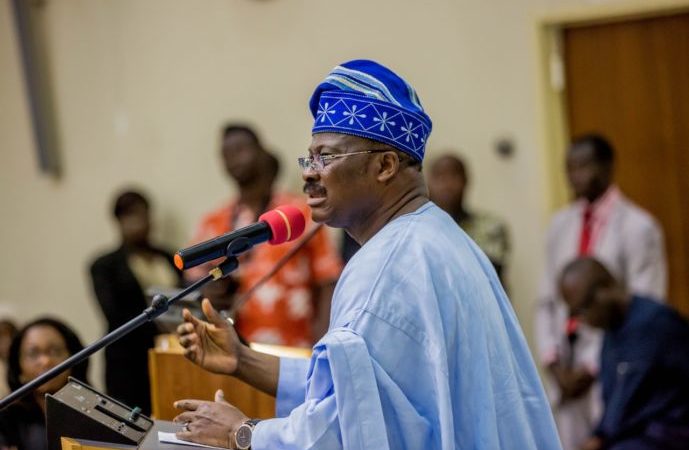Just as some Chinese investors are hedging against the sinking Yuan and restrictions on it with Bitcoin, many Nigerians are thinking of doing so, as well. But the government might not give them a chance.
The Security and Exchange Commission (SEC) has warned Nigerians about investing in digital currencies such as Bitcoin. Reason: companies trading in Bitcoin are not recognized by it.
This was not exactly the position of the Nigerian Deposit Insurance Company (NDIC) last December. NDIC had announced that a committee had been set up, in conjunction of the Central Bank, to study fast growing digital currencies, especially Bitcoin.
This digital currency deserves more attention in Africa, and not a pedestrian one.
Advertisement
A Kenyan start-up, BitPesa, has started bringing the continent closer to China –the biggest traders in Bitcoin — by letting companies trade with Chinese businesses in Bitcoin. This novel idea has cut transaction costs by 60 percent.
But there are issues around Bitcoin, which need to be looked into. The BBC reported, in December, that the value of Bitcoin climbed from $435 to $900 in 2016. However, this digital currency caught some cold after Chinese regulators sneezed this January. The increasing regulations in China on Bitcoin Exchanges caused the digital currency to drop from $1100 to $760.
And this is a major problem with Bitcoin. It’s price has been very volatile – a rise from $435 to $900 in one year is phenomenal. This explains one of the reasons why some global retailers are still analyzing the prospects of Bitcoin.
Advertisement
Two former US Fed Chairmen have expressed their reservations. Though Ben Bernanke argues that some of the ideas behind Bitcoin – [like the Blockchain technology, I suppose] – was a useful takeaway, he says the ‘unregulated nature’ of the digital currency makes it a vehicle for illegal money transfers.
But it is not all bad news for the digital currency. In a sign that global markets might have overcome their skepticism, Barclays Bank and the UK’s FCA, last year, opened the British market to Circle Internet Financial Ltd, a start-up that allows users send each other payment in Bitcoin. (This company had earlier received a $50 million investment from Goldman Sachs.)
But what do these banks see in Bitcoin?
Bitcoin uses the blockchain technology, which is a public ledger that records all Bitcoin transactions – which are stored in electronic wallets called Blocks — and allows everyone connected to the Blockchain network to see transactions. Thus, no one can illegally spend a Bitcoin twice for the same purpose.
Advertisement
Using computer algorithms and rules acceptable to all members of the community, blocks- which are records of all Bitcoin activities over a specified period—can be confirmed and created by miners. And each time blocks are successfully created, Bitcoins are allocated to successful miners.
Even though regulators and global banks are still analyzing Bitcoins, the idea behind it can be applied to many businesses. And Nigeria should take note of this.
For instance, over 50 major banks are thinking of adopting the Blockchain technology. Interestingly, IBM and Microsoft have been working with many companies on how to adopt the Blockchain technology for their businesses.
The Blockchain technology works like a Google document. Using this technology, parties in a contract no longer need to keep separate documents. A Blockchain technology allows parties to look at documents at the same time over a network, make changes and agreements that can be seen by all parties involved, including their lawyers.
Advertisement
It’s important that Nigerian regulators, including the ministry of communications, look into this technology and figure out how it would benefit Nigeria.
Advertisement
1 comments








China, Russia, India, Venezuela are currently embracing Bitcoin. Nigeria should try to look into it because of Naira crashing despite PMB’s effort to stabilize it.